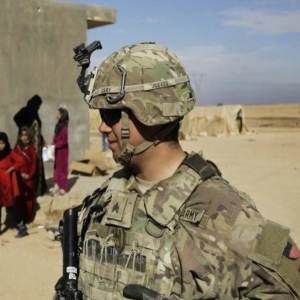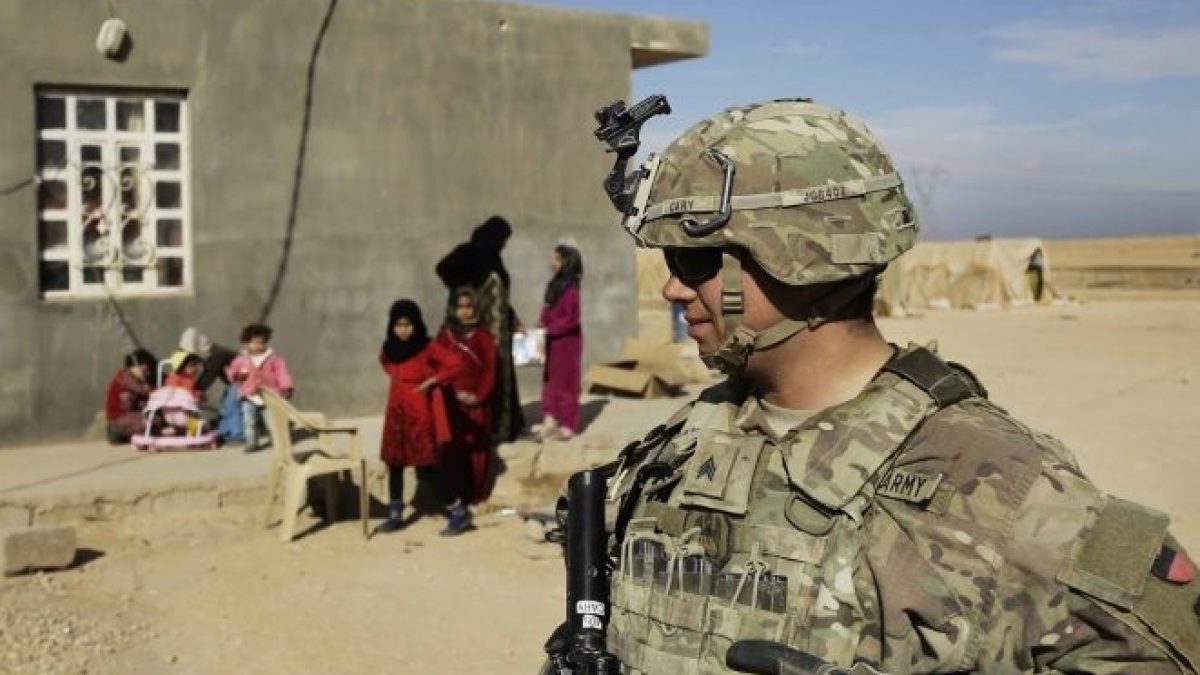
.png) Ram Puniyani
Ram Puniyani

Fifteen years ago, on 26 November 2008, Mumbai witnessed a horrific terror attack. Ten terrorists, armed to the teeth, landed in the city via sea route and indiscriminately killed 166 innocent citizens. The chief of the Maharashtra Anti-Terrorist Squad (ATS), Hemant Karkare, and two other police officers were also killed in these coordinated attacks. Today, as we remember the horrors of 26/11, the impact of another act of terror by Hamas in Israel is very much in the air. The Mumbai attacks fifteen years ago were engineered by Pakistan-based Lashkar-e-Taiba (LeT). In all the years gone by, many parts of West Asia have witnessed acts of terrorism, such as by the Taliban and the Islamic State or ISIS. In India, Kashmir has also suffered acts of terror, the roots of which lie in its complex political scenario.
A section of the dominant media and many political commentators present all these acts as resulting from a common thread—boundary-less religious extremism related to Islam. However, this position ignores the deeper dynamics of these painful acts. However, nothing can be further from the truth. While many terror acts and groups have in common an Islamic identity, the underlying reasons for terrorism are highly varied. The birth of Hamas lies in the injustices heaped upon Palestinians and the total violation of United Nations resolutions by Israel time and again. The issue of Kashmir has another political dynamic altogether. Al Qaeda and ISIS are products of United States-sponsored training camps in Pakistan. Therefore, rather than roots in Islam, the origins of terror acts lie in deeper political issues.
One major cause of acts of terrorism is the policies pursued by global superpowers trying to control oil wealth. The imperialists and their allies have their eyes fixed on appropriating global oil resources. In recent years, a central phenomenon that spurred the rise of terrorist groups has been the United States cultivating fundamentalist Islamist groups through the CIA in client states such as Pakistan.
The United States’ goal to dominate West Asia due to its “oil hunger" has been brought out very well by many commentators. Their research based on the CIA’s own documents has shown how the CIA funded the training of the Mujahideen, ultimately leading to the formation of Al Qaeda and later ISIS.
In his book, Good Muslim, Bad Muslim: America, the Cold War and the Roots of Terror (Harmony, 2003), Mahmood Mamdani writes that funding these outfits cost around $8,000 million and 7,000 tons of armaments. On 19 May 2009, then-United States Secretary of State Hillary Clinton admitted that her country “came in in the ’80s and helped build up the Mujahideen to take on the Soviet Union in Afghanistan….The Soviet Union fell in 1989, and we basically said, thank you very much…”
Many commentators and the mainstream media deliberately downplay how the United States funded madrasas in Pakistan to train Al Qaeda and its clones, who later became Frankenstein monsters for the country. What is also underplayed is how these terrorist outfits have hurt Muslims around the world.
The Kashmir imbroglio has different dynamics. When the autonomy promised to Kashmir in Article 370 was undermined in the 1950s and 1960s, the disgruntled youth resorted to violent means instigated by Pakistan’s ISI, which had the backing of the United States. This situation was worsened by the entry of Al Qaeda clones in the 1990s, and the resistance in Kashmir, based on Kashmiriyat, or the synthesis of the region’s Buddhist, Vedantic and Sufi traditions, became a communal issue, and Kashmiri Pandits were targeted as a result. To restate: this terrorism had regional and local political undercurrents and expressed itself in the language of religion.
Hamas has a different mechanism as far as its roots and origins are concerned. The Zionists initially declared an intention to settle in Palestine but began to appropriate the land. Further, they blocked any democratic ex
Zionists are occupiers who constantly try to extend their hold over the Palestinian lands. They resort to ancient holy books to claim that Palestine is their land and they are its chosen people. Their expansionism has reduced the Gaza Strip to an “open prison” and forced the West Bank Arabs to live with tremendous hardships.
These three phenomena—Palestine, Al Qaeda, and the Taliban—are propagated as being due to Islamic terrorism. Nothing could be more myopic than this deliberate propaganda about ‘Islamic terrorism’ that the United States media has expounded in the aftermath of the 9/11 attacks. This propaganda allowed the United States to invade Afghanistan, where it killed 60,000 people. Its oil hunger led it to attack Iraq on the pretext that Iraq had “weapons of mass destruction”, which it did not have. They repeatedly claimed that Iraqis would welcome the invasion of their country and greet the invading army “with flowers and chocolates”. Instead, Iraqis resisted, and the Islamic State was eventually born.
The Mumbai terror attacks were also an outcome of sour Indo-Pak relations. As the army dominated Pakistan and was influenced by the United States, it harboured terrorist groups like the Lashkar-e-Taiba, which the Pakistan Army used to drive a wedge between Pakistan and India. As Pakistan’s civil leadership initiated some peace maneuvers, the Generals, uncomfortable with peace efforts, would unleash trouble—as when Pervez Musharraf occupied Kargil and later came the 26/11 attack.
The 26/11 attack also led to the murder of Karkare, who was investigating terrorism cases from Malegaon to the Samjhauta Express, in which the likes of Sadhvi Pragya Singh Thakur, Swami Aseemanand, and Lt Col Prasad Shrikant Purohit were arrested. Sadhvi is still on bail in the Malegaon blast case and once said she had given a "shraap" or curse to Karkare.
While remembering the 26/11 tragedy of Mumbai and the killing of ordinary innocents and police personnel is very important, to think that it was due to religion is off the mark. To club all these geopolitical developments as ‘boundary-less religious extremism’ that is Islamic in nature serves the goals of imperialist nations and their allies who have wrought havoc in West Asia, particularly by training Al Qaeda.
The media must go deeper into these developments instead of taking recourse to propaganda or easy ‘answers’ in blaming Muslims and Islam. Terrorism is not a religious but a political phenomenon with a range of instances from the Irish Republican Army to the Liberation Tigers of Tamil Eelam and innumerable others.